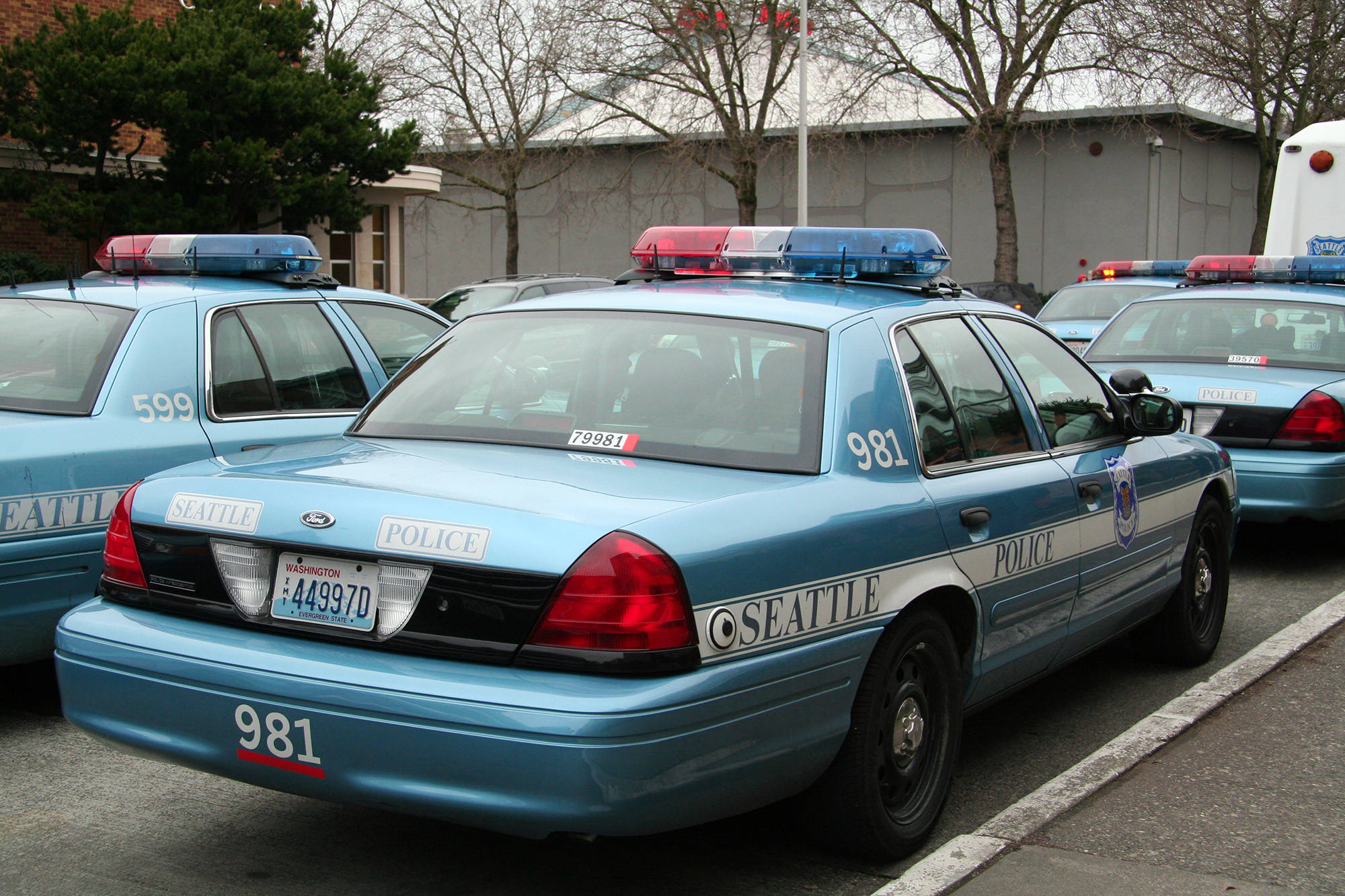One day after ruling that a police reform initiative will go on the November election ballot, the Washington state Supreme Court took steps to reconsider its order. But after reviewing responses from parties in the case on Aug. 29, the high court ordered that evening that it would not revist its decision. Initiative 940, a measure designed to increase officer training and reform the state’s deadly force law, will go before voters in November after all.
On Aug. 28, the justices upheld a lower court decision that state Lawmakers violated the Washington Constitution by passing I-940 along with a compromise bill designed to replace it, effectively keeping both of the measures off the ballot.
The unprecedented maneuver was challenged by initiative activist Tim Eyman, resulting in the justices’ split ruling on Aug. 28 that determined I-940 alone would be put on the ballot. The order excluded from the ballot compromise bill ESHB 3003, which was the product of an agreement between advocates and law enforcement.
Frustrated by the court’s decision to exclude the compromise measure, I-940 sponsor De-Escalate Washington — a Seattle-based police reform coalition — filed an emergency motion requesting that the justices reconsider the ruling.
In the motion filed on Aug. 28, De-Escalate Washington’s attorney argued that only one of nine justices held that I-940 alone should go on the ballot; meanwhile, four justices said that both I-940 and ESHB 3003 should go before voters as alternatives, and four others said that neither measures should appear on the ballot.
The initiative’s sponsor requested that the high court acknowledge that I-940 was lawfully enacted and to not put it on the ballot, or that it allow both the initiative and the compromise bill to go to the voters as alternatives.
“For reasons not explained, the court seems to have adopted the view of that single justice as the ruling of the court as a whole,” wrote De-Escalate Washington’s attorneys. “Moreover, the reasoning in support of the determination to send only I-940 to the ballot represents an unwarranted intrusion by the judiciary into the Legislature’s province, intruding on well-established separation of powers principles and creating the potential for inappropriate litigation second-guessing legislative acts.”
On Aug. 29, the state Supreme Court requested that parties in the case send briefs in response to the motion for reconsideration by the end of the day. In their filing, Eyman and Sen. Mike Padden (R-Spokane Valley) responded that De-Escalate Washington did not prove that the court’s decision misapprehended facts or law.
“Moreover, a concern about the wisdom of the court’s decision affects no interest of De-Escalate Washington,” Eyman and Padden’s attorneys wrote in the brief. “The only party to this case who has standing to assert an interest in protecting the intent of the Legislature is the Legislature. And they have accepted the court’s ruling. Nor has the court asked for a response from the Legislature, despite the fact that only its interest would be affected by this court altering its ruling as requested by De-Escalate.”
Eyman told Seattle Weekly he was baffled that De-Escalate Washington didn’t want its initiative on the ballot unless it included the compromise measure as an alternative.
“It’s a very, very weird thing,” Eyman said. “The only thing that I can theorize is that [they’re thinking]: ‘We don’t want to spend any money for our initiative, we just want to be able to spend that money on other campaigns and on other efforts … so we don’t want to be bothered by having it be on the ballot.’”
However, De-Escalate Washington members maintained that they are prepared for the campaign. “We are disappointed that the court ruled this way but all along our campaign has been ready for November,” Monisha Harrell, co-chair of De-Escalate Washington and board chair of Equal Rights Washington, said in a statement. “The public has asked for these changes. We look forward to talking about the issues across the state.”
The Aug. 29 order ensures that De-Escalate Washington will continue engaging with voters throughout Washington. The organization is currently soliciting donations for its I-940 campaign.
I-940 resulted from years of police reform advocates working to amend a 1986 law that shields officers from prosecution if they killed someone on the line of duty “without malice and with a good faith belief that such act is justifiable.”
A 2015 Seattle Times investigation found that only one officer was charged out of the 213 fatal police shootings over a decade, demonstrating that the law made it nearly impossible to prosecute cops who use deadly force.
The initiative would change the state law to make it easier for police officers to be charged for fatal shootings in Washington. It also would mandate that police provide first aid when necessary and that they receive training on violence de-escalation, mental health, and crisis intervention.
ESHB 3003 was a compromise between law enforcement and I-940’s sponsor that altered some of the initiatives provisions.
Secretary of State Kim Wyman also responded to the motion for reconsideration on Aug. 29, stating that she would not take a position on the case. However, Wyman’s response noted that she and county election officials would need to receive the Court’s resolution as soon as possible to meet the Sep. 22 deadline to mail ballots to overseas and service voters.
mhellmann@seattleweekly.com
Aug. 30 Update: The article has been amended to include the Washington state Supreme Court’s final order.








